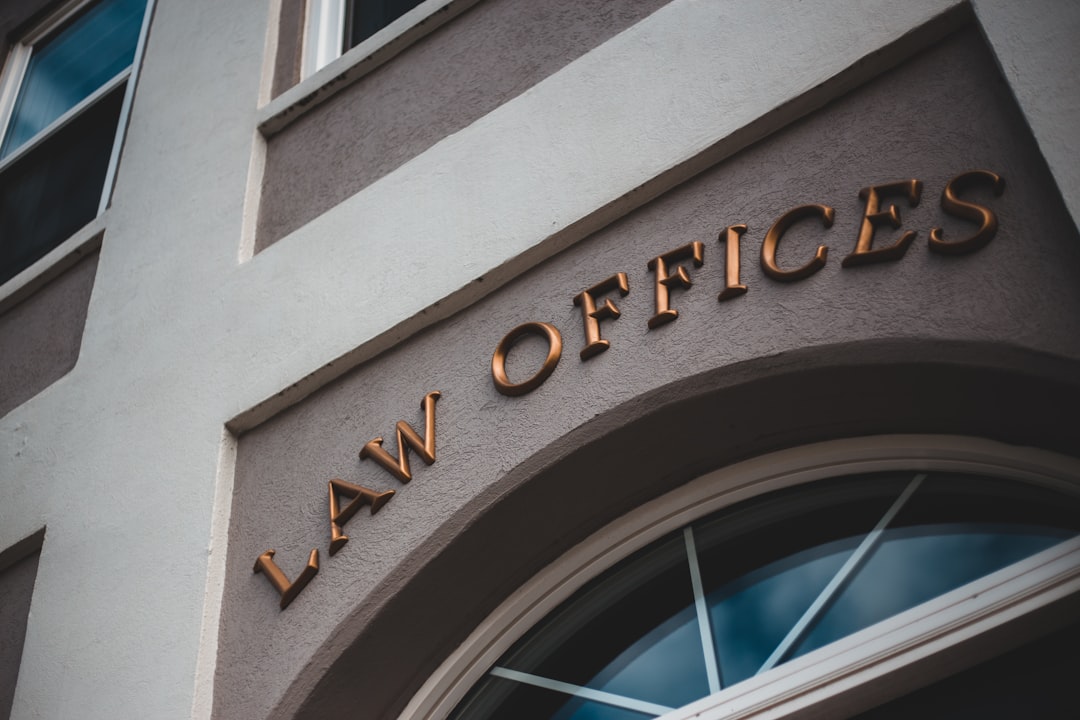Title IX, enacted in 1972, has dramatically improved how Connecticut public schools address sexual harassment and abuse, ensuring equal opportunities for all students regardless of gender. Title IX coordinators play a central role by educating students and staff about their rights, investigating complaints, and providing support to victims, collaborating with school abuse lawyers Connecticut when needed. These coordinators foster safer, more inclusive learning environments, protect the district from legal repercussions, and empower survivors to seek justice. Their proactive approach, including open communication channels and trust-building, helps prevent future abuse and creates a supportive atmosphere for all students.
In Connecticut, Title IX coordinators play a pivotal role in ensuring equitable access to education free from sexual harassment and assault. This article delves into the critical responsibilities of these coordinators, who serve as guardians for students’ well-being. From understanding the profound impact of Title IX on public schools to navigating legal implications with school abuse lawyers in Connecticut, each section explores strategies for effective coordination and safety. By examining best practices, we highlight the essential role coordinators play in fostering a secure learning environment.
Understanding Title IX and Its Impact on Connecticut Schools

Title IX, a landmark piece of federal legislation, has significantly shaped the way Connecticut public schools address and prevent sexual harassment and abuse. Enacted in 1972, this law ensures equal opportunities for all students, regardless of gender, in educational settings. In the context of K-12 education, it plays a pivotal role in protecting students from sexual misconduct, including school abuse cases. The impact is profound, as it not only establishes clear guidelines but also empowers students to speak out against harassment without fear of retaliation.
In Connecticut, Title IX coordinators play a crucial role in ensuring compliance with this legislation. These individuals are responsible for coordinating and implementing policies that prevent, investigate, and address sexual misconduct within the school system. Their work involves educating both students and staff about their rights and responsibilities under Title IX, as well as responding to complaints and ensuring fair and timely resolutions. With the assistance of school abuse lawyers Connecticut residents can access when needed, coordinators contribute to creating a safer, more inclusive learning environment for all students.
The Role of Title IX Coordinators: Key Responsibilities

In Connecticut public schools, Title IX Coordinators play a pivotal role in ensuring equal opportunities and addressing discrimination, especially regarding sexual misconduct. Their primary responsibility is to coordinate and oversee compliance with Title IX, a federal law prohibiting gender-based discrimination in education. These coordinators act as a liaison between students, school staff, and relevant authorities, fostering an environment free from abuse and harassment.
Their key duties include investigating complaints of sexual assault or school abuse, ensuring timely responses, and providing support to affected individuals. They also conduct training programs to educate both students and faculty about their rights and responsibilities under Title IX, promoting awareness and prevention. Additionally, these coordinators collaborate with external resources, such as law enforcement and school abuse lawyers in Connecticut, to ensure proper handling of cases while upholding the legal obligations set forth by Title IX.
Handling School Abuse Cases: Legal Implications for Coordinators

Title IX coordinators in Connecticut public schools play a pivotal role in handling school abuse cases, particularly those involving sexual misconduct. Their responsibilities extend beyond coordinating resources and supports for affected students; they must also ensure compliance with stringent legal requirements set forth by Title IX and state laws. These coordinators are often the first point of contact for survivors and their families, guiding them through the complex process of reporting, investigating, and seeking justice.
The presence of dedicated coordinators is crucial in mitigating potential legal implications for the school district. They work closely with school administrators, legal counsel (including school abuse lawyers Connecticut), and law enforcement to ensure that all parties involved are treated fairly and that the rights of survivors are protected. Their expertise facilitates effective communication, fosters a safe environment for victims to come forward, and helps to prevent future instances of abuse by implementing robust prevention strategies and policies.
Ensuring Safety and Support: Best Practices for Coordinator Effectiveness

In Connecticut public schools, Title IX Coordinators play a pivotal role in ensuring the safety and well-being of students, especially those facing issues related to sexual abuse or harassment. These coordinators are responsible for implementing and overseeing policies that protect against any form of discrimination and create an inclusive environment. Best practices for their effectiveness include regular training on prevention, intervention, and support strategies. They should be equipped with the knowledge to recognize signs of abuse and have access to resources to refer affected students to appropriate services, including school abuse lawyers in Connecticut.
Additionally, fostering open communication channels is essential. Coordinators must build trust with students, teachers, and staff, encouraging reporting of incidents without fear of retaliation. They should also maintain confidentiality while ensuring transparency in the investigation process. By adhering to these practices, Title IX Coordinators can create a safer, more supportive learning environment for all students, addressing potential issues proactively through robust measures.






